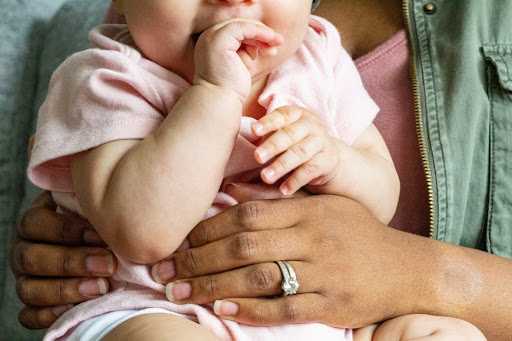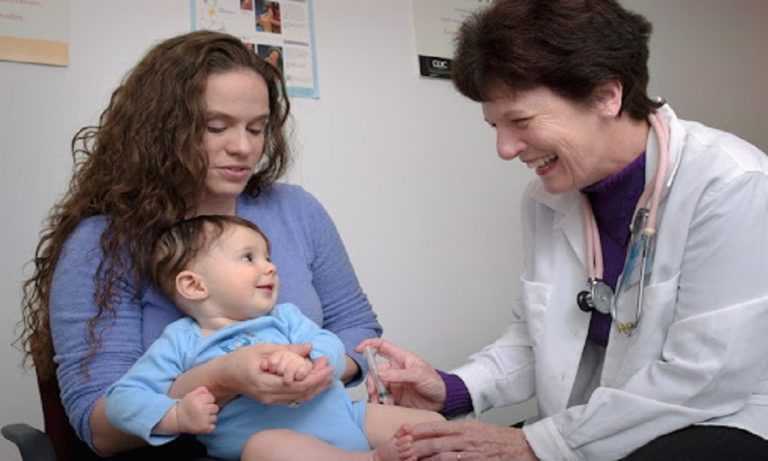Blood pressure which is greater than normal in children is known as pediatric hypertension. Because what is considered normal fluctuates as children grow, there is no clear targeted level for increased blood pressure in any and all children. This condition is something you don’t want to have at any age, especially not in children.
The higher a child’s blood pressure is, the more probable it is triggered by a particular and recognizable health condition. Weight gain, poor eating habits, and a lack of activity can all contribute to high blood pressure in older children. Your pediatrician may prescribe some medications like Amlodipine, but don’t give your child any medication without consulting with a doctor. Here are some causes and symptoms of hypertension in children.
Symptoms of high blood pressure in children
Symptoms of high blood pressure are minimal. However, the following signs and symptoms could suggest a hypertensive emergency (hypertensive crisis):
- Headaches – It doesn’t necessarily mean that your kid has hypertension if they have headaches but this kind of pain is uncommon in children, so whatever the causes are if your child complains about frequent headaches be sure to make a doctor’s appointment.
- Vomiting – It also doesn’t have to mean it’s high blood pressure, but we all know how uncomfortable it can be. If you’re sure your kid doesn’t have any stomach virus and the vomiting happens over and over again, make sure to get them checked.
- Shortness of breath – If your child goes out of breath when they don’t indulge in any activity, then it may be time to call your doctor and ask for advice. Although not necessarily linked to hypertension, you should definitely make sure your kid breathes normally.
- Heart palpitations and chest pains – This symptom is probably the most obvious sign you should immediately make a visit to your pediatrician to get your child tested. This is a serious sign that something is not right, but don’t panic and do everything your doctor advises you to.
- Seizures – This is a sign that means your kid needs immediate doctor’s care. If this symptom shows up, make sure you don’t panic and place your kid in a comfortable and safe position while you call the ambulance.
Causes of hypertension in children
In young children, high blood pressure is frequently linked to other health issues like heart problems, kidney disease, hereditary diseases, or chemical imbalances. Primary hypertension is more common in older children, specifically those that are obese. Without an underlying problem, this type of hypertension develops on its own. The risk factors for high blood pressure in your child are determined by their health, genes, and lifestyle.
- Primary hypertension
The term “primary hypertension” refers to high blood pressure that does not appear to be induced by another medical disease. Most experts believe that juvenile or teenage high blood pressure is on the rise in tandem with the increase in obesity. Most hypertensive teens and children over the age of six have a strong genetic component and/or are overweight.
- Secondary hypertension
A predisposing medical problem causes secondary hypertension. The statistics show that:
- Approximately 80% of children have kidney illness or blood vessel problems.
- Endocrine disorders affect 5% of the children
- Heart disease affects 2% to 5% of the children
- There is nearly always a secondary cause of hypertension in babies. Premature babies are also more likely to develop hypertension.
Secondary hypertension is much more frequent in children with hypertension, especially those that are very young. However, the proportion of primary to secondary hypertension in children over the age of 6 to 8 years old is nearing 50/50.

Final Thoughts
Hypertension in children can be reduced by the very same lifestyle modification that can be used to treat it: regulating your child’s weight, ensuring a nutritious low-sodium diet, and motivating your child to work out. Hypertension induced by another ailment can sometimes be managed, if not completely avoided, by addressing the underlying source.
Whatever the reason for your child’s hypertension may be, make sure to always follow your doctor’s guidance and advice. Make sure to take your child to regular checkups while they are in treatment so you can see their progress. Remember to never give your child medication for this condition without a doctor’s permission.



Comments are closed.